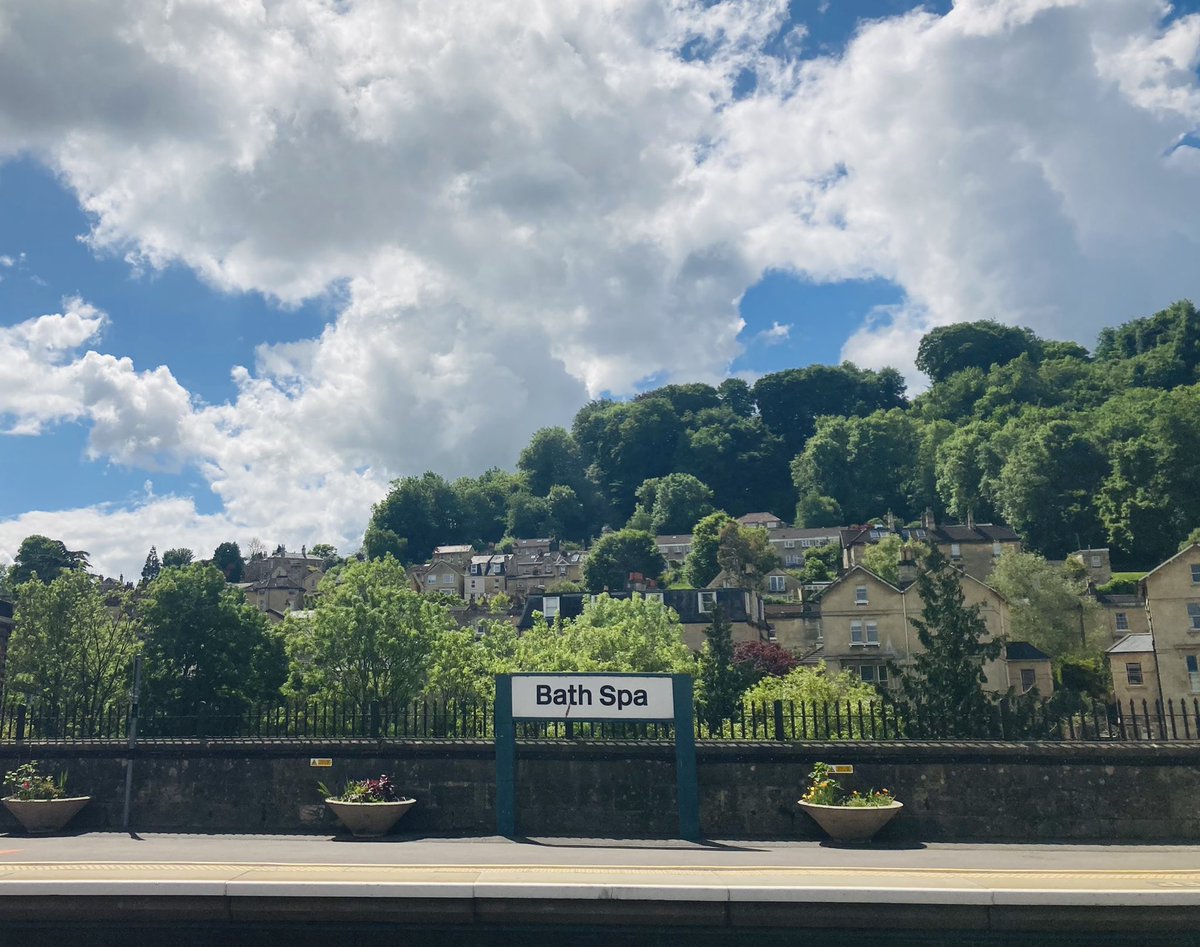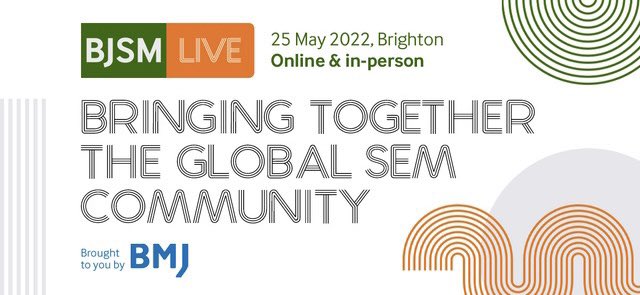Our panelists are discussing their journies into STEM & I'm seeing a very consistent theme of the value of historically Black colleges/universities (HBCUs).
As an HBCU grad myself, I can undoubtedly echo the value of HBCUs and the truly unique training they offer. #BlackInMicro
As an HBCU grad myself, I can undoubtedly echo the value of HBCUs and the truly unique training they offer. #BlackInMicro
"You've got to he some type of super sleuth to find Black PIs working in academic spaces" - Jeffrey Handy
This is so true, and disturbingly so 😔
This is so true, and disturbingly so 😔
The topic of gatekeeping has come up once again. Institutions, are y'all listening? 👀
I'm loving this North Carolina HBCU pseudo-beef between Tina (NCAT) and Ron/Ninecia (NCCU).
As much as HBCU alums like to take jabs at one another, there's truly nothing but love there!
As much as HBCU alums like to take jabs at one another, there's truly nothing but love there!
Dr. Scott is currently discussing the importance of well-structured programs for Black K-12 and college students to help facilitate their paths into science.
Dr. Scott and Dr. Elaine Vanterpool have both emphasized the value of the MARC program in their journey.
Dr. Scott and Dr. Elaine Vanterpool have both emphasized the value of the MARC program in their journey.
MARC = Maximizing Access to Research Careers. It is an NIH-funded program for minoritized students who want to pursue biomedical PhD programs. FYI, yours truly was also a MARC scholar 😉
We're thankful to have Dr. Johnna Frierson's perspective as a non-HBCU graduate, on the importance of having strong mentors at her PWIs.
She underlines that the key factors for success are the same (mentorship, support), but can be much more difficult to find at PWIs than HBCUs.
She underlines that the key factors for success are the same (mentorship, support), but can be much more difficult to find at PWIs than HBCUs.
PWI = predominantly white institution
*Dr. Jeffrey Handy
• • •
Missing some Tweet in this thread? You can try to
force a refresh









